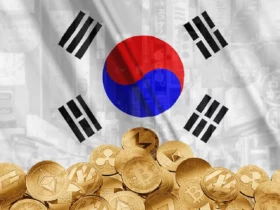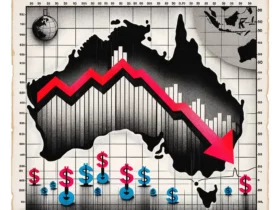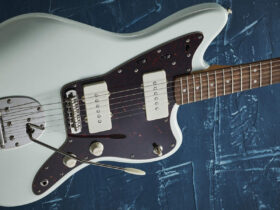In western countries, some do not use honorific titles, but in Korean culture, respect is shown even by calling or greeting people, young or old. In this article, Ziptoss has made a quick guide on how and where to use basic honorific Korean words and titles.
- Older brother- “Oppa” (오빠)
“Oppa” is commonly used when a female is calling an older male friend or sibling.
[Name]+ oppa(for example, kibum oppa)
- Older brother- “Hyeong/Hyung”(형)
“Hyung” is used when a younger male is calling an older male friend or sibling.
[Name]+hyung(for example, kyungsoo hyung)
- Older sister- “Eonni/Unnie”(언니)
“Eonni” is often used when a female is calling an older female friend or sibling.
[Name]+unnie(for example, Hoyeon unnie)
- Older sister- “Nuna/Noona”(누나)
“Noona” is commonly used when a male is calling an older female friend or sibling.
[Name]+noona(for example, Yuri noona)
- Senior- “Sunbae/Seonbae”(선배)
“Sunbae” is often used when calling a female or male that is older than you(in school or work)

- Junior- “Hubae/Hoobae“(후배)
“Sunbae” is often used when calling a female or male that is younger than you
- Younger sibling- “Dongsaeng”(동생)
“Dongsaeng” is generally used when a male or female is calling a younger female or male friend/sibling.
- Younger sister- “Yeodongsaeng”(여동생)
“Yeodongsaeng” is commonly used when a male or female is calling a female sibling that is younger.
- Younger brother- “Namdongsaeng”(남동생)
“Namdongsaeng” is commonly used when a male or female is calling a male sibling that is younger than them.
“Ssi” is often used when you need to show respect to someone in a business environment.
[Name]+ssi(for example, Junkissi)
“Nim” is used when you need to show respect to someone in a business environment. “Nim” shows more respect and politeness than “Ssi”.
[Name]+nim(for example, Jiyeonnim)
- Mother- “Umonim/Eomeonim”(어머님)
“Eomonim” is commonly used to greet a mother-in-law or an acquaintance’s mother.
“Umma” is used to greet mothers casually.
“Abunim” is commonly used to greet a father-in-law or an acquaintance’s father.
“Appa” is used to greet fathers casually.
“Ajumoni” is often used when greeting a woman between the ages of 40 and 60.
“Ajusshi” is usually used when calling or greeting a man between the ages of 40 and 60.
- Grandfather- “Halabuji”(할아버지)
“Halabuji” is used by a male or female when calling a man that is over 70 years of age.
- Grandmother- “Halmeoni”(할머니)
“Halmeoni” is used by a male or female when calling a woman that is over 70 years of age.
- Young lady- “Agassi”(아가씨)
“Agassi” is often used by older people for young women that aren’t married yet.









